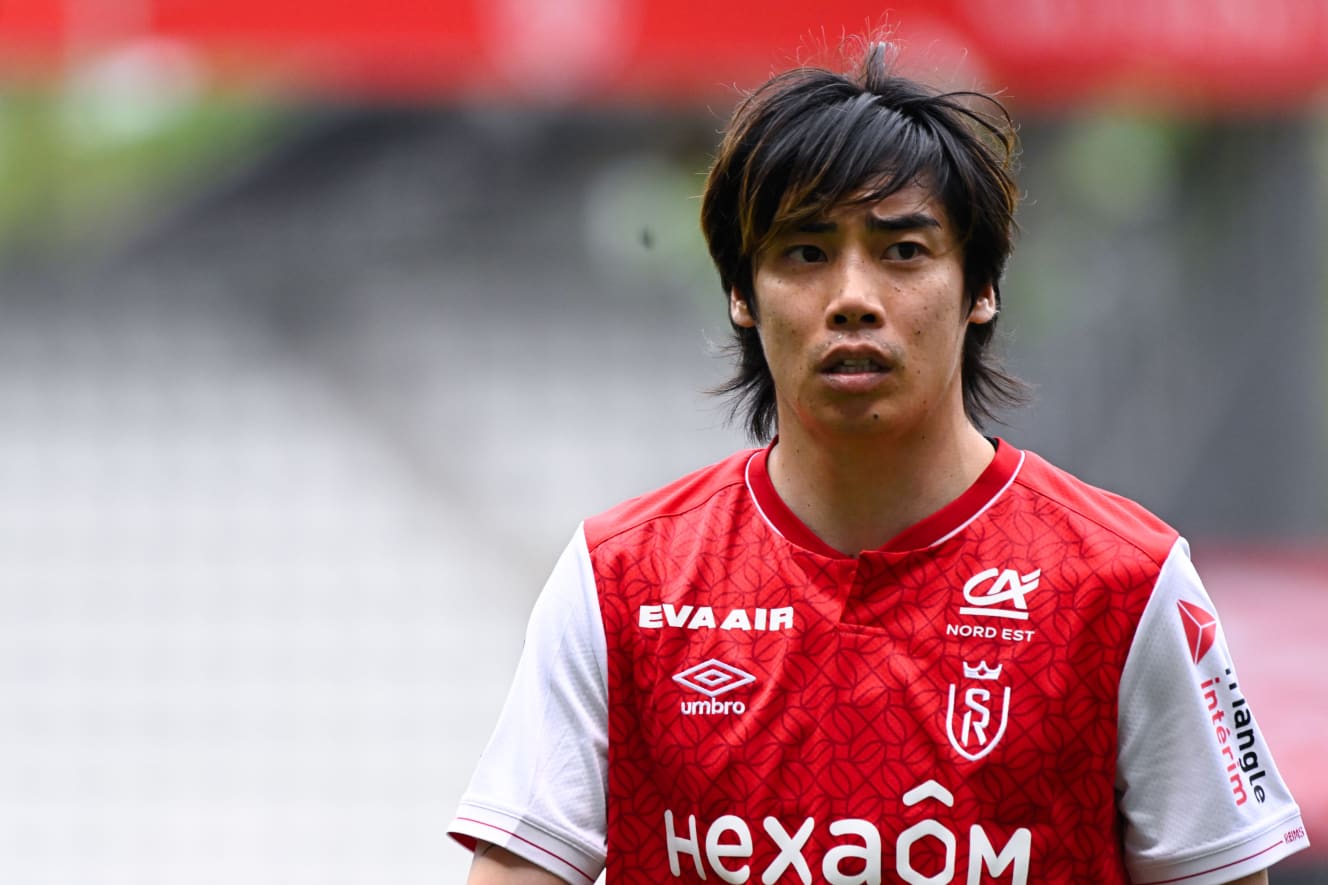Diverse Reporting Approaches on Junya Ito’s Referral to Prosecutors Among Various TV Stations

Junya Ito, a former Japan national soccer team player, was criminally accused of committing indecent acts against two women. Osaka Prefectural Police sent Ito to the Osaka District Public Prosecutors Office on suspicion of quasi-forced sexual intercourse and injury, and the two women on suspicion of false accusation.
Ito’s scandal involving women was reported by “Shukan Shincho” at the end of January, leading him to withdraw from the Japan national team during the midst of the Asian Cup. Since then, Ito has not been called up to the Japan national team, indicating a high likelihood of being affected.
Last June, the two women accused Ito and others of committing sexual offenses at a hotel in Osaka City after dining together. In January of this year, they filed a complaint with Osaka Prefectural Police, alleging quasi-forced sexual intercourse. In contrast, Ito denied forcibly engaging in any acts and counter-sued the two women for false accusation
“Some may wonder why both the perpetrator and victim are being referred to prosecutors, but it’s simply because each of the two accusations has been separately referred to. Its standard procedure for the police to leave the decision of prosecution up to the district prosecutors.
When you hear a referral to prosecutors, some may misunderstand it as meaning the suspicion has been acknowledged or they are a bad person. That’s not the case. Until they are prosecuted and proven guilty, they are presumed innocent.” (National newspaper social affairs reporter)
On July 2nd, the TBS program ‘Gogosuma’ prominently reported Junya Ito’s referral to prosecutors in breaking news, while mentioning the referral of the two women in smaller detail. According to Tokyo Sports, this approach was questioned within TBS.
Other networks also covered the news on their evening news programs, but Japan TV (NTV) took a significantly different approach. While ‘Gogosuma’ reported extensively, ‘Miyane-ya’ on NTV initially reported the news but subsequently did not continue coverage in its news programs.
A Japan TV representative reveals the reasons behind these significant differences in handling the news across networks and programs.
“Some programs deliberately chose not to report on this matter. This decision stemmed from information obtained from Osaka Prefectural Police indicating a high likelihood of non-indictment for both Junya Ito and the women involved.
According to journalistic rules, once a person is reported as arrested or referred to prosecutors, if non-indictment is subsequently decided, it must also be reported. Failing to do so would disadvantage the individual and would be unfair not to report the decision not to indict. Therefore, anticipating the possibility of non-indictment, we opted not to report on the referral itself. While it’s understandable that news of Junya Ito, a member of the Japanese national team, being referred to prosecutors would attract attention and prompt a desire for extensive breaking news coverage.”
While reporting that someone has been referred to prosecutors is certainly important news, it’s not wrong to do so. However, if non-indictment seems likely, it means the person won’t be charged with a crime, so there were some who chose not to report on it.
“There’s speculation circulating online that TV stations refrained from covering the news of the referral to prosecutors due to backlash from fans directed at ‘Shukan Shincho,’ which first reported the initial news. However, that speculation is incorrect.
As I mentioned earlier, some networks have a rule that if there’s a high likelihood of non-indictment, they may choose not to report on the referral in the first place.” (Same NTV representative)
The response from different TV stations regarding this incident has shown significant variation. It remains to be seen what decision the prosecution will make regarding Junya Ito and the women involved.
PHOTO: Panoramic/Afro